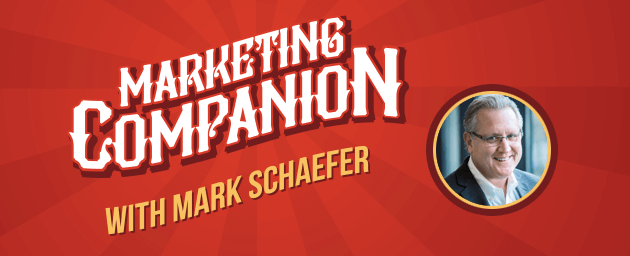I came across a thought-provoking post last week: Millennials and the Power of Social Media by Chris Altchek. In this post, Chris notes that crowd-sourcing has been successful in areas like product development and funding start-ups but observes that the power of the crowds has generally failed to solve complex societal and political problems.
For this to happen, Altchek says four things must occur:
1) Minority voices on social media should not get drowned out or relegated to a sort of algorithmic purgatory. Technology should promote diverse ideas to inform a better outcome.
2) Platforms should emerge that allow people to build on ideas in a way similar to the way collaboration occurs in product development.
3) If progress were made on policy issues like those on product development issues, enough incentive would be provided for the Millennials to keep participating and drive change.
4) Big Data analytics will allow leaders to sift through piles of information to find the best solutions.
He concludes by writing:
Our generation’s major roadblocks will only be overcome through mass mobilization and collective ingenuity. Companies, governments and organizations should be working to create social platforms for this type of mass collaboration. Truly innovative public policy, commercial products and social contracts will all be crowd-sourced in real time, and the impetus is on us all to make sure that we all are heard.
This may not be the most politically-correct opinion, but I generally disagree with the idea that solving the world’s problems can be crowd-sourced. While I applaud Mr. Altchek’s optimism and vision, and I agree with most of his points, I think there are three major practicalities he overlooked.
Who’s in charge, and why?
If you look at many of the complex projects that are being successfully crowd-sourced, there is a financial benefit to success. One example is NASA’s crowd-sourcing of technical problems. NASA saves money by digging deep, finding alternative answers, and crowd-sourcing solutions. The “winners” also receive a financial reward.
But solving issues like universal healthcare, civil rights, and global warming are POLITICAL issues. The ultimate reward for those in charge are “staying in office,” “looking good in the media,” or “building political support.” Crowd-sourced solutions, no matter how elegant and diverse, are fighting highly complex political interests, rich political action committees and entrenched bureaucracy.
An example of this problem is public education in the U.S. Nearly everyone can agree this is a system that is failing many groups of children despite being one of the best-funded in the world. The problem is not a lack of ideas. The broken system is entrenched through political interest, unions, parent groups, and elected school officials.
I think a problem can be effectively crowd-sourced if there is a single entity in charge that can actually enact the change and reward participants.
Can you crowd-source diplomacy?
Many of the most serious problems we face cannot be affected with a local policy change. It takes global buy-in and global collaboration. This is a very sticky spider web of interactions and impacts.
For example, applying pressure to solve human rights issues in South America could be tied to oil sales in Western Europe, arms trade in the Middle East and the political priorities of the ruling party in the U.S.
Can you crowd-source your way out of that?
Leadership is lonely
I would like you to picture in your mind some of the people behind truly revolutionary change. People who transformed an industry, a country, a global social problem. Perhaps you’re thinking of
Steve Jobs
Gandhi
Einstein
Mother Teresa
Nelson Mandela
My point is that behind every great revolution is an individual with the enormous drive, passion, political savvy, and personal sacrifice to overcome everything to succeed. Momentum in the masses can create a mission and birth a leader but it cannot lead complex change.
You can’t crowd-source leadership and ultimately, you MUST have a leader to create revolutionary change.
By the way, I think leadership trumps all. If you have a leader willing to crowd-source change then the other obstacles I mention in this post could be neutralized.
I know this topic is a little wider and perhaps a little weirder than what I normally cover here on {grow} but it is also a vitally important topic.
Can you crowd-source societal change? What do you think?
This post was written as part of the IBM for Midsize Business program, which provides midsize businesses with the tools, expertise and solutions they need to become engines of a smarter planet. I’ve been compensated to contribute to this program, but the opinions expressed in this post are my own and don’t necessarily represent IBM’s positions, strategies or opinions.
Photo courtesy of Flickr CC and James Cridland



